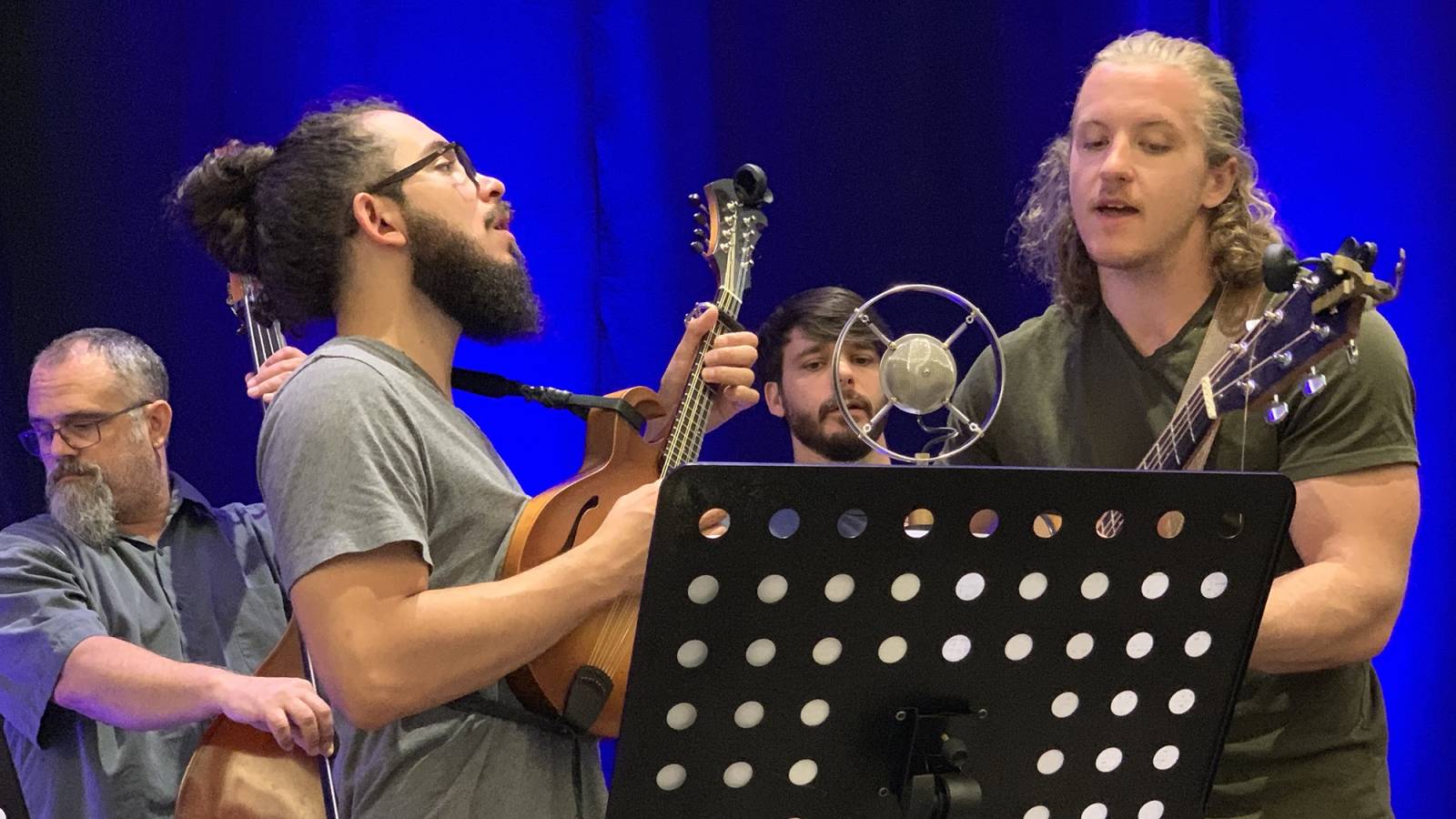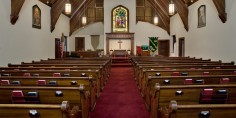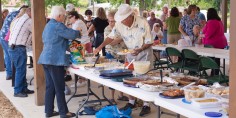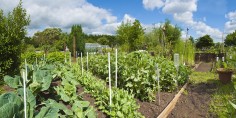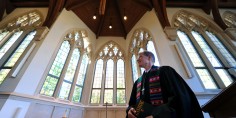For three days in early August, a group of 200 United Methodist clergy gathered in Myrtle Beach, South Carolina, to tackle racism and religion and the role that they — and their rural North Carolina congregations — can play.
As frequent storms darkened the outside skies, participants sang hymns, discussed issues, and listened in intent silence as guest speakers tested and inspired them. Workshops provided ideas and resources; worship and fellowship allowed time for focus.
“I leave here as a changed person with a challenge,” said the Rev. Jim Folks as he prepared to return to his church in Siler City. “Now it’s up to me to have the courage and faith to walk forward.”
Chance to Reflect, Restore
The Convocation on the Rural Church has been an annual event since 2004. Sponsored by The Duke Endowment, the gathering brings together clergy from rural United Methodist churches in North Carolina. The Endowment helps plan each year’s schedule with Duke Divinity School, and makes it more affordable for participants.
“To be in service to others, we need opportunities to step away for reflection and learning,” says the Rev. Brad Thie, director of the Thriving Rural Communities Initiative at Duke Divinity. “But when life is hectic, it’s hard to carve those moments into our daily routine.”
The Convocation gives clergy a rare time for rejuvenation, reflection and education.
“As pastor of a small church, I’m pretty much ‘on’ every day,” said one participant. “This helps me return to my congregation feeling renewed. And it’s nice to be with people who have the same opportunities and challenges.”
Kevin Miller, the pastor of Messiah United Methodist Church in Vale, agrees. “It gives us a chance to reconnect with good friends that we went to divinity school with, and that’s something my family and I really appreciate,” he says. “As soon as it’s over, we start looking forward to the next year.”
Each year, programming provides opportunities to discuss issues that are important in transforming rural churches and communities.

